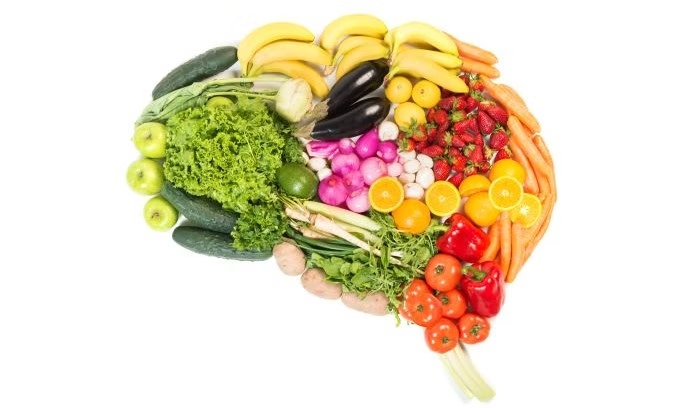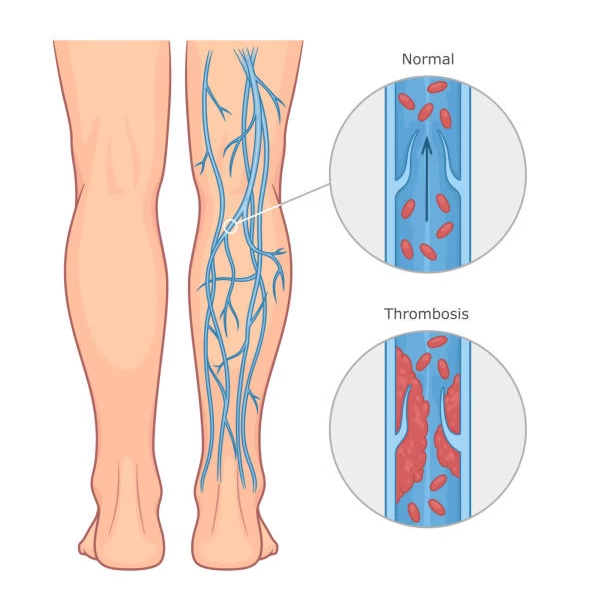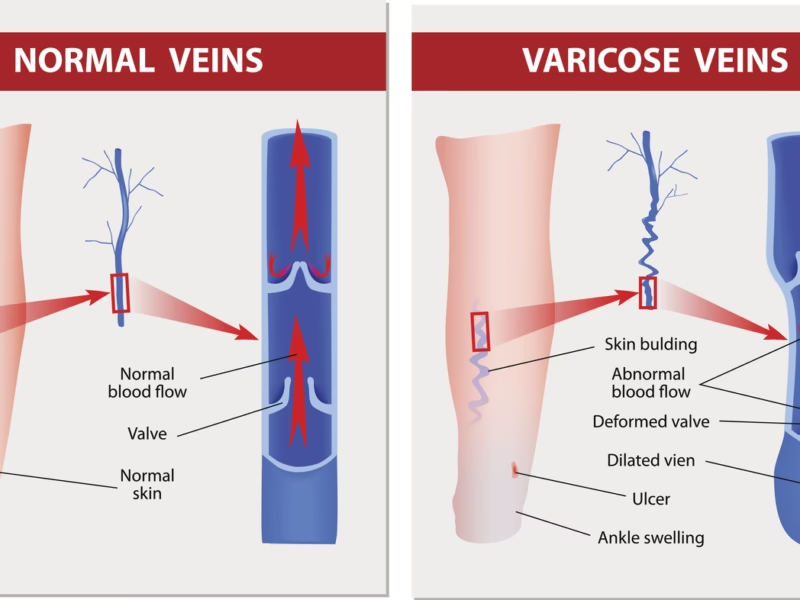✍️ Introduction
Attention Deficit Hyperactivity Disorder (ADHD) affects millions of children and adults worldwide. While treatments often focus on medication and behavioral therapy, nutrition is an often-overlooked factor that may influence ADHD symptoms. Research in nutrition science suggests that a healthy balanced diet, rich in brain-supportive nutrients, can play a complementary role in managing hyperactivity, attention difficulties, and emotional regulation.
1. Understanding ADHD and Its Symptoms
ADHD is a neurodevelopmental disorder characterized by inattention, hyperactivity, and impulsivity.
Common ADHD symptoms in kids include:
- Difficulty focusing on tasks
- Forgetfulness
- Restlessness or constant movement
- Impulsive behavior
While medication and therapy are standard ADHD treatments, dietary factors may also influence brain function and symptom severity.
2. The Role of Nutrition in Brain Function
The brain requires a steady supply of nutrients to function optimally. Nutrition science highlights that deficiencies in key vitamins, minerals, and fatty acids can impact mood, attention, and behavior. A healthy balanced diet can support neurotransmitter activity and stabilize energy levels, both of which are important for managing ADHD symptoms.
Key nutrients involved in brain health include:
- Omega-3 fatty acids – support cognitive function and reduce inflammation.
- Iron, zinc, and magnesium – influence dopamine regulation, critical in ADHD.
- B-vitamins – support nerve function and energy metabolism.
3. Healthy Diet Patterns and ADHD
Studies suggest that children with ADHD often consume diets higher in processed foods and lower in fresh fruits, vegetables, and whole grains. Shifting towards a nutrition food plan with more natural, minimally processed ingredients can help stabilize mood and attention.
Elements of a healthy diet for ADHD management include:
- Whole grains instead of refined carbs
- Lean proteins to support neurotransmitter production
- Fruits and vegetables for antioxidants and vitamins
- Healthy fats (e.g., nuts, seeds, fish oil) for brain structure support
4. Best Brain Nutrients for ADHD
A few nutrients stand out for their potential impact on ADHD symptoms:
- Omega-3 Fatty Acids: Found in fatty fish, walnuts, flaxseeds. May reduce hyperactivity and improve focus.
- Iron and Zinc: Support dopamine activity; deficiencies have been linked to worsening symptoms.
- Magnesium: Helps calm the nervous system and may reduce hyperactivity.
- B-Vitamins: Support energy levels and cognitive clarity.
Incorporating these best brain nutrients regularly can support both children and adults with ADHD.
5. Foods That May Worsen ADHD Symptoms
Some foods can trigger or worsen hyperactivity symptoms in sensitive individuals. These include:
- Artificial colors and preservatives – linked to increased hyperactivity in some children
- Sugary snacks and drinks – cause energy spikes and crashes
- Highly processed junk food – low in nutrients, high in additives
Reducing these foods and focusing on the best diet for overall health can lead to more stable behavior and attention.
6. Nutrition and ADHD Treatment: A Complementary Approach
While diet alone is not a cure, it can complement existing ADHD treatments. Some families see improvements in concentration, mood, and behavior after adjusting dietary habits. This is most effective when done alongside:
- Medical treatment (if prescribed)
- Behavioral therapy
- Consistent routines and support at home
7. Nutrition for Kids with ADHD
ADHD symptoms in kids can be challenging, but structured meal planning helps:
- Serve balanced meals at regular intervals.
- Include protein in every meal to stabilize energy.
- Involve children in food choices to encourage healthy habits.
- Consult a pediatrician or dietitian before making major changes.
8. Practical Tips for Parents and Adults
- Plan weekly meals in advance to avoid reliance on processed foods.
- Read labels for hidden additives.
- Keep healthy snacks like nuts, fruits, and yogurt on hand.
- Track symptoms before and after dietary adjustments to note improvements.
Conclusion
Nutrition alone won’t replace medical ADHD treatment, but it plays a powerful supportive role. A well-structured, healthy balanced diet can help stabilize energy, improve focus, and support brain health — ultimately making ADHD symptoms more manageable. Partnering with healthcare providers to create a comprehensive plan is the best way forward.


